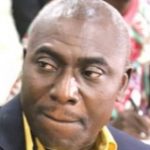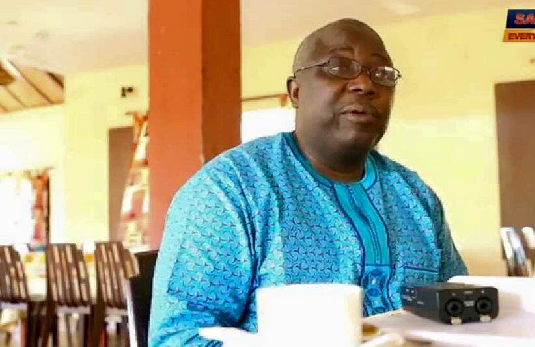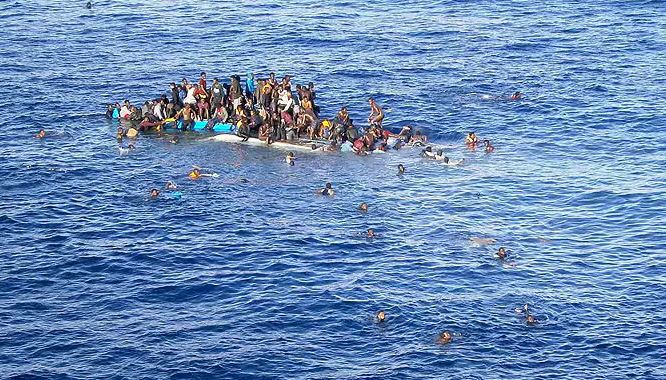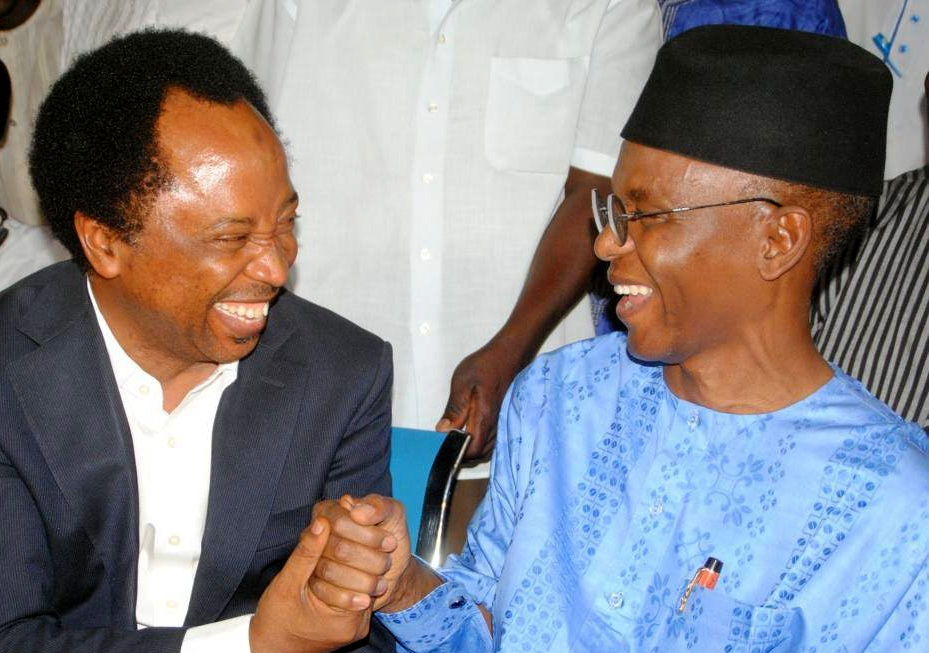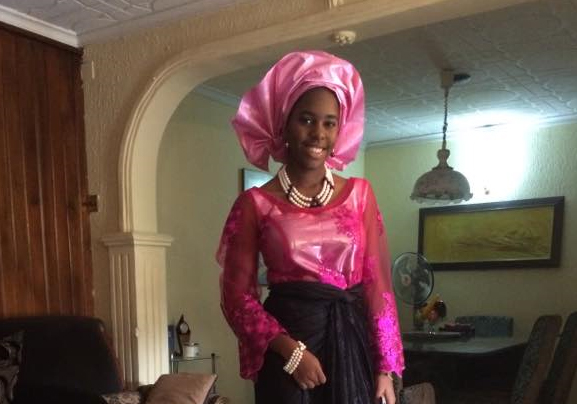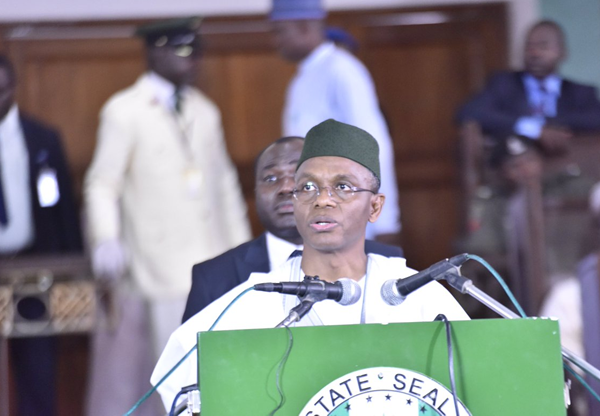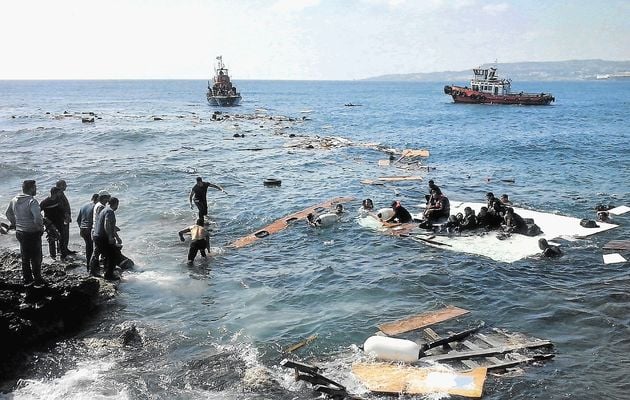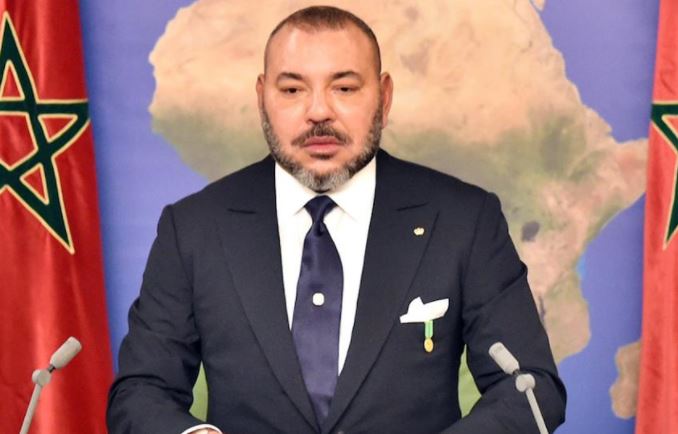In the University of my Collective Struggles, Dapsy eminently occupies the position of Dean Emeritus of the Faculty of Intellectual-Driven radical activism and professional journalism.
Our paths crossed early in my university career when I sought and joined the Alliance of Progressive Students (ALPS) through the welcoming prompting of Owei Lakemfa.
Dapsy belonged to the rank of the more senior comrades and it didn’t take long for his dynamic personality to register by way of logical arguments, prolific writing and intellectual reasoning, all evidential products of insatiable quest for knowledge through devouring of literatures especially.
Therefore, to be like Dapsy, and other comrades of his generation including also the likes of Bola Bolawole, Duro Birom, Femi (boxer) Fatonade, etc, was to be an avid reader. With their encouragement we attended book fairs and bought all manner of books from our meager resources. We read and read. We read the Communist manifesto and we read about the Bolshevik revolution. We read about the Latin America and South African revolutions. We read Children of Soweto, we read Walter Rodney, we read Leo Tolstoy, we read Bertolt Brecht, and we read Nguigi Wa Thiongo and other African authors. We read and read.
Advertisement
To be like them was also to learn how to write and be involved in writing for, collating and vending the organization’s journals – The Combatant and The Petals.
This was how the seeds of revolutionary activism, campus radical journalism and future pursuit of professional journalism germinated in us in those early days.
There was one other attribute of Dapsy in particular that some of us were to emulate. Prior to joining the students’ socialist movement, the picture that had been painted of campus socialists was that of fierce looking, red or black bereted and fearfully bearded elements who were perpetually angry and aggressive.
Advertisement
Dapsy was not such breed. No berets, no bushy beards and no aggressive posturing. The knowledge was the weapon and when deployed was sharper than missiles. And we did see the deployment at countless symposiums and lectures which hallmarked campus activism in those days.
And never the one to jump at the lime light, Dapsy would rather operate quietly but effectively, authoring or co-authoring leaflets, pamphlets, press releases, etc in moments of struggles. Not to mention that he was a chief expert at drafting the manifestoes of radical candidates sponsored or supported by ALPS.
Except if it had been otherwise before I became an undergraduate, the highest union position that I knew Dapsy held was that of the students’ union electoral Committee. It was all about working for the collective interest for which no sacrifice was too small or too big. Invariably, it was Dapsy that led the other senior comrades to make me realize this fact when they beckoned on me to get ready to have a shot at the presidency of the National Association of Nigerian Students (NANS) after I had served as Sec-Gen of GreatIfe students union. Elections seemed to be coming at tough moments for me then. During the long holiday proceeding the 82/83 academic session I had taken ill and undergone surgical operation for appendicitis. The pain was still there when I ran the energy sapping campaign for Sec-Gen and gladly emerged victorious.
I was by this time a part three student of Psychology in the Faculty of Social Sciences. Towards the end of the second semester, the Dean of the Faculty, Prof. Adejuyigbe invited me for a chat which I initially thought would lead to suspension or expulsion for my radical activities as member of the dynamic Chris Fajemifo led Exco. But the Dean’s concern was my declining academic performance and he urged me to strike a balance between my unionism and studies. Following this conversation, I felt I should step down on my students’ union activities.
Advertisement
But events were to happen rapidly. NANS secretariat was going to move from Zone C which had produced the Chris Abashi – Festus Okoye leadership at the University of Jos to Zone D in the south west.
The factors that then counted for the hosting of NANS secretariat was presence of a very powerful union and a strong member of the Patriotic Youth Movement of Nigeria (PYMN) of which ALPS was undoubtedly one. At first in low whispers and then in loud ones, it came to my knowledge that I was being seen as the ideal candidate for NANS Presidency. Finally, Dapsy led a group of comrades to break the news to me.
The explanation was that I possessed key attributes that would make a good NANS President and therefore should get set to run. I told the comrades that it was my final year and that my academic pursuit was already suffering as revealed to me by the Dean. Dapsy cut me short. ‘Look Lanre, it is not difficult. Once you win you will apply for one year academic sabbatical. And you know one extra year is not too much of a sacrifice to make for our struggle’. That encounter laid the foundation of my NANS Presidency and our NANS leadership in which Wale Adekunle, a Masters’ student, ran the secretariat with me as Secretary General. I am glad we did not disappoint the comrades, the GreatIfe students and students across Nigeria. Thanks to Dapsy and the other socialist prophets including Segun Sango that saw my NANS future.
The genuine commitment to the revolutionary transformation of the Nigerian society meant that Dapsy would naturally take his activism to the journalism profession.
Advertisement
By the time my generation entered the newsroom, he and his generational radical fellow travelers including the likes of Abdulrahman Black, Owei Lakemfa, Wale Ajao, Uzor Maxim Uzoatu, Kayode Komolafe, etc were already trans-posting the campus combative journalism that sought to check abuses to the larger society. It was all about using journalism to seek justice and the development of the society.
In this context and as was (and still is) customary with him, Dapsy was bound to play the usual role of the intellectual engine room of vibrant unionism and journalism of social relevance. Thus, he was a foundation member of the New Trend movement that produced the dynamic Ladi Lawal leadership at the Lagos NUJ and national levels and in between that of Sani Zorro national presidency of NUJ.
Advertisement
In the stormy campaigns that produced Ladi Lawal as NUJ president in 1994, Dapsy was a chief ‘underground’ campaign manager, bursting into circles of discussion and generally helping to disarm seemingly non-disarmable adversaries with persuasive arguments and logical explanations. Wherever and whenever necessary he deployed his ability to speak the Hausa and Yoruba languages fluently to devastating, albeit progressive, effect.
The commitment to the pursuit of the truth and the belief that power, no matter who the wielder is, should not be abused meant that by the time The News/Tempo/PM media family challenged the excesses of the Ibrahim Babangida and Sani Abacha regimes, the leading Editors were bound to run into turbulent times.
Advertisement
In this regard, Dapsy was one of the prime targets of the military junta. A spell at Ikoyi prisons alongside the likes of Seye kehinde, Akin Adesokan, etc, and other forms of harassment did not deter Dapsy and apparently it got to a stage that the military wanted him dead or alive. And when they came for him and could not find him, they promptly arrested and detained his wife as well as his then three year old son! This was about 1995/96 and it was one of the tasks of my chairmanship of the Lagos State Council of NUJ to fight for the release of Dapsy’s wife and son.
The aftermath was that Dapsy had to proceed on exile, invariably finding himself in the United States. He soon took the case of the persecuted Nigerian media to international freedom of expression organizations and before long the Committee to Protect Journalists (CPJ), ably led then by Kakuna kerina, was on top of the Nigerian situation and effectively brought Nigeria to the world press freedom map. The hen had perched on the rope and there was neither rest for the rope nor the hen.
Advertisement
Dapsy’s sojourn in exile was long, but it was one from which the Nigerian media benefitted and still benefit immensely by way of support of international media groups and development partners.
His return home has been no less beneficial as could be seen in his various developmental journalism pursuits including but not limited to serving as resource person at various capacity building programs for journalists on anti-corruption and investigative reporting from which my organization – the International Press Centre – has benefitted, mentoring of young journalists and the establishment of Premium Times and the Premium Times Centre for Investigative Journalism.
If in January this year, the offices of Premium Times were raided by armed security agents and Dapsy was arrested and detained, it is because he has continued to stay true to the tradition of holding power wielders accountable for their deeds or misdeeds.
That incident and subsequent ones are however a reminder that even under the so-called democratic dispensation, press freedom remains under grave threat in Nigeria.
Thankfully, Dapsy at 60, is still young enough to continue to serve as General Officer Commanding of our press freedom and freedom of expression democratic army.
Baba Dapsy, happy birthday.
Lanre Arogundade is the Director of International Press Centre (IPC), Lagos-Nigeria
Views expressed by contributors are strictly personal and not of TheCable.
Add a comment
